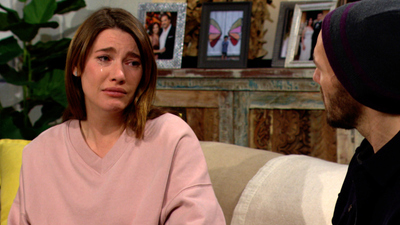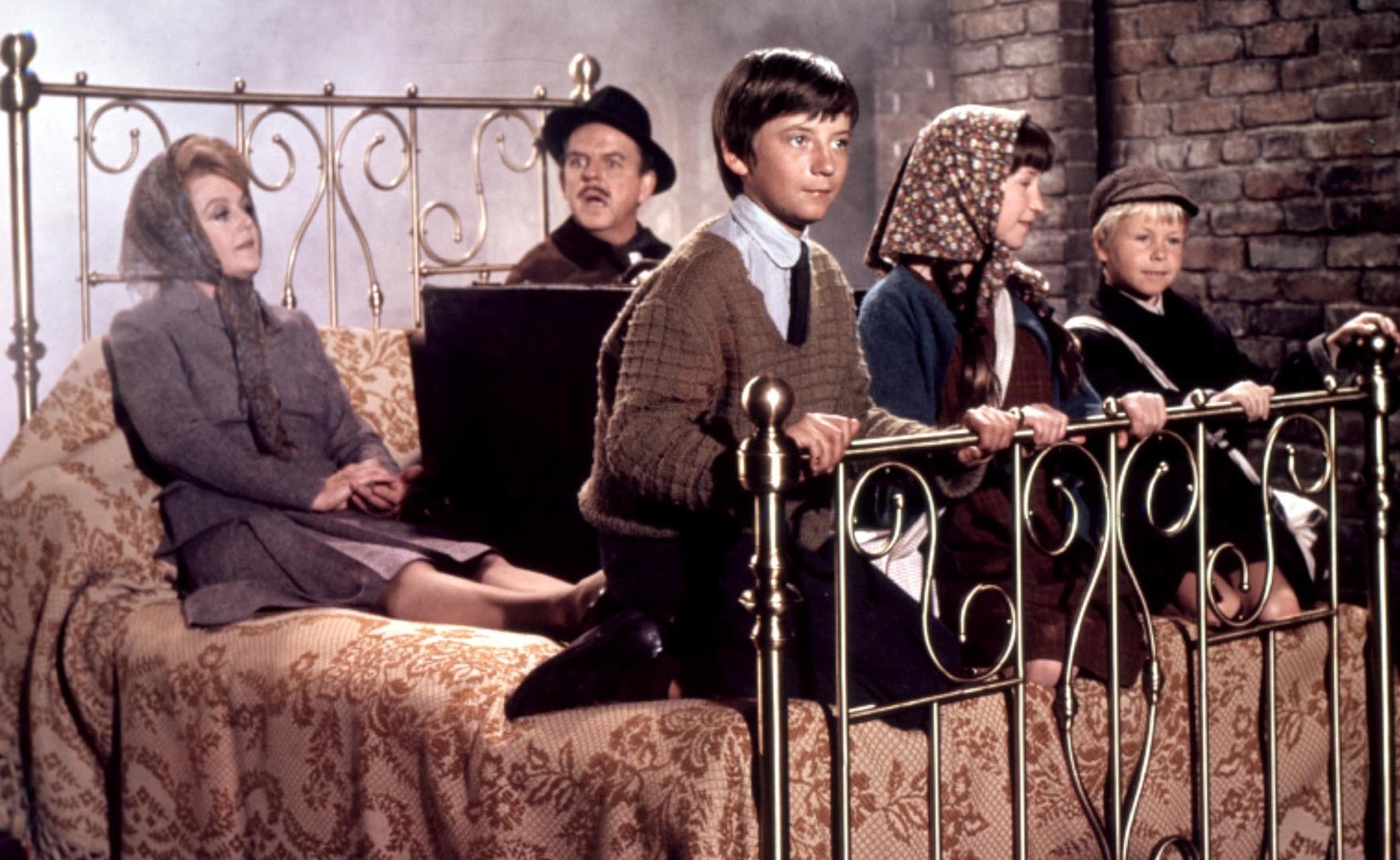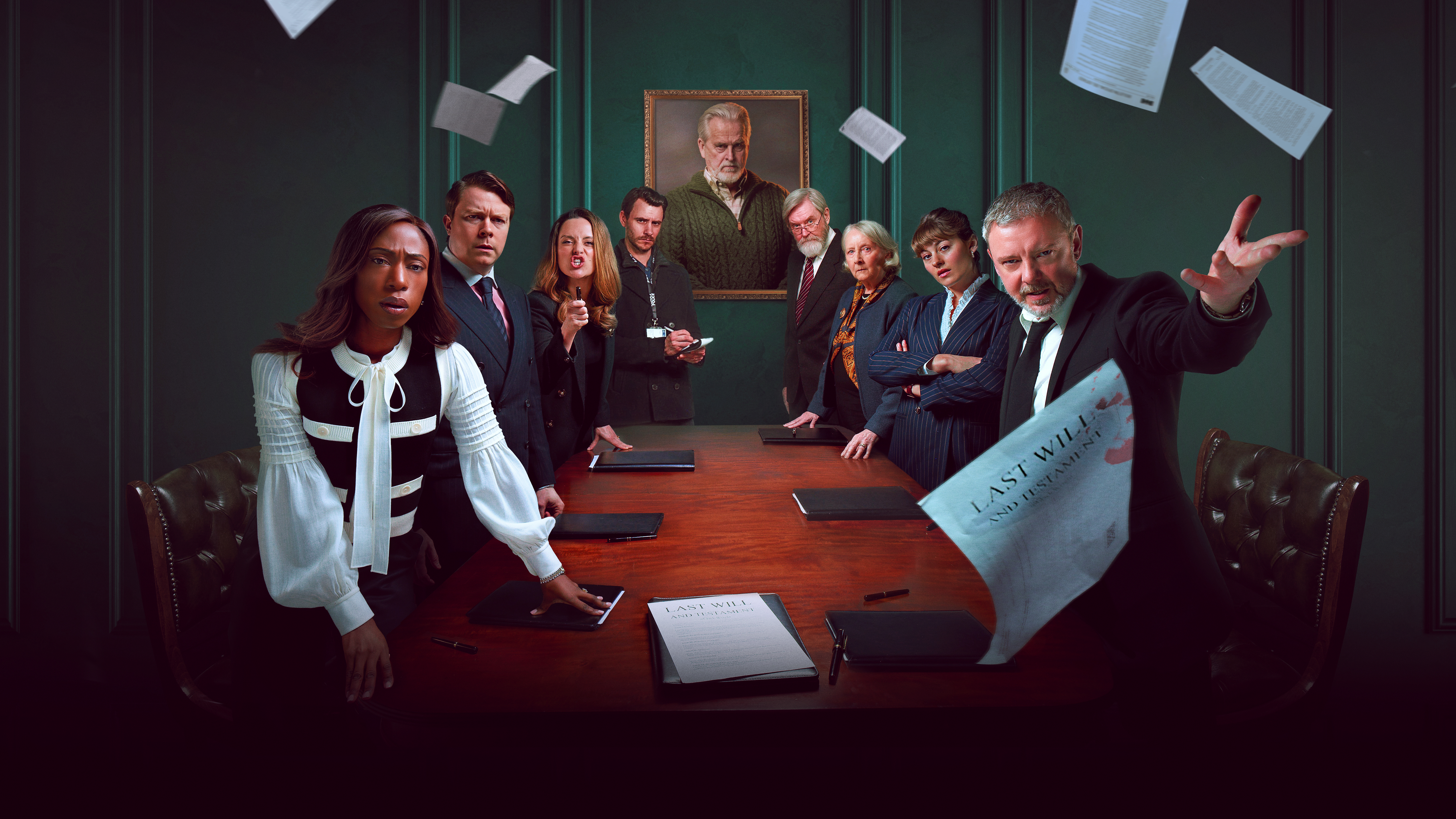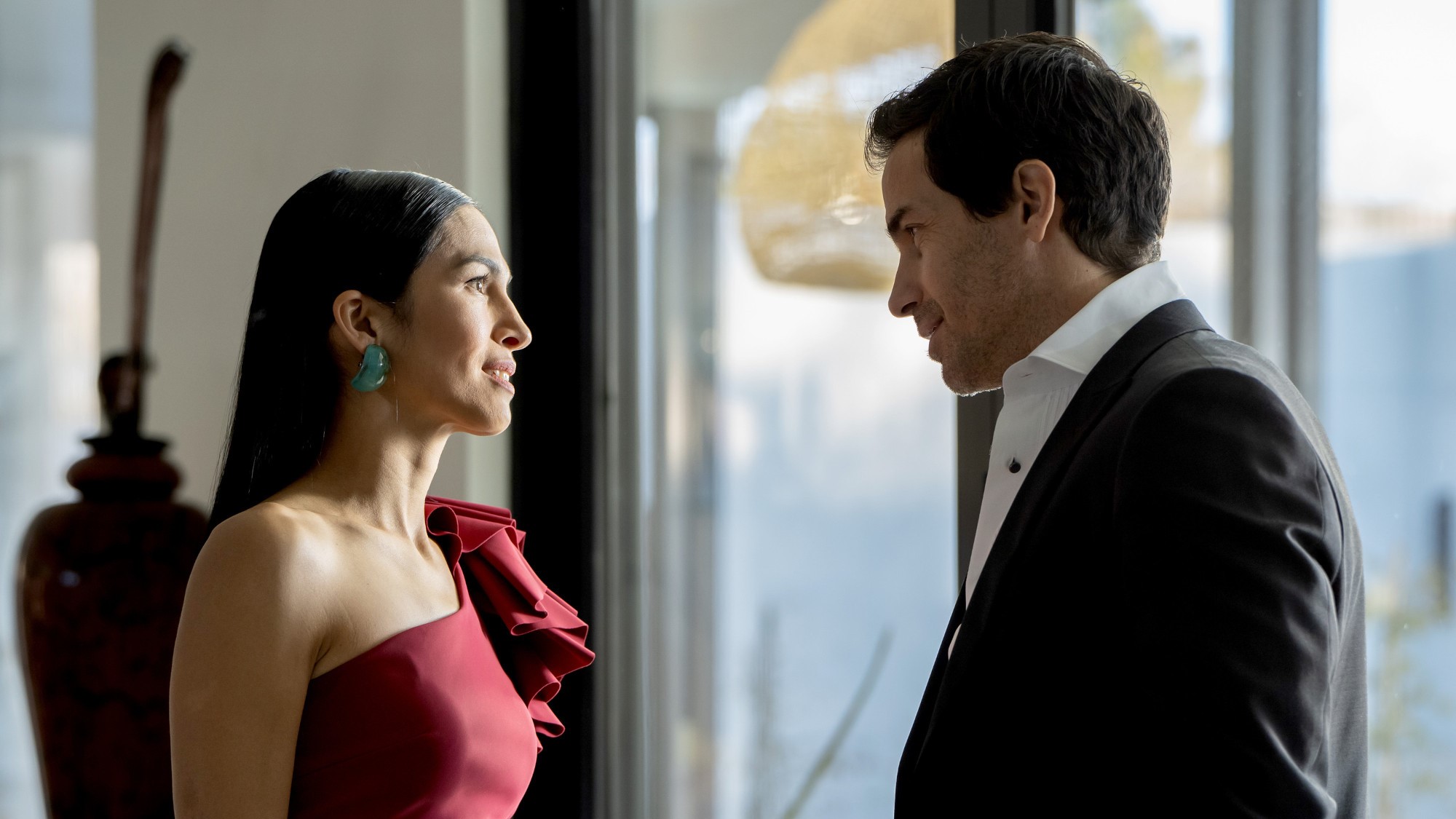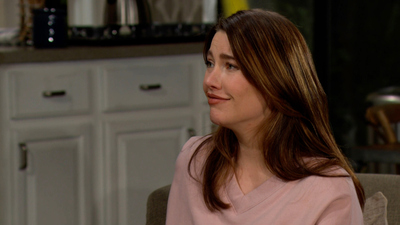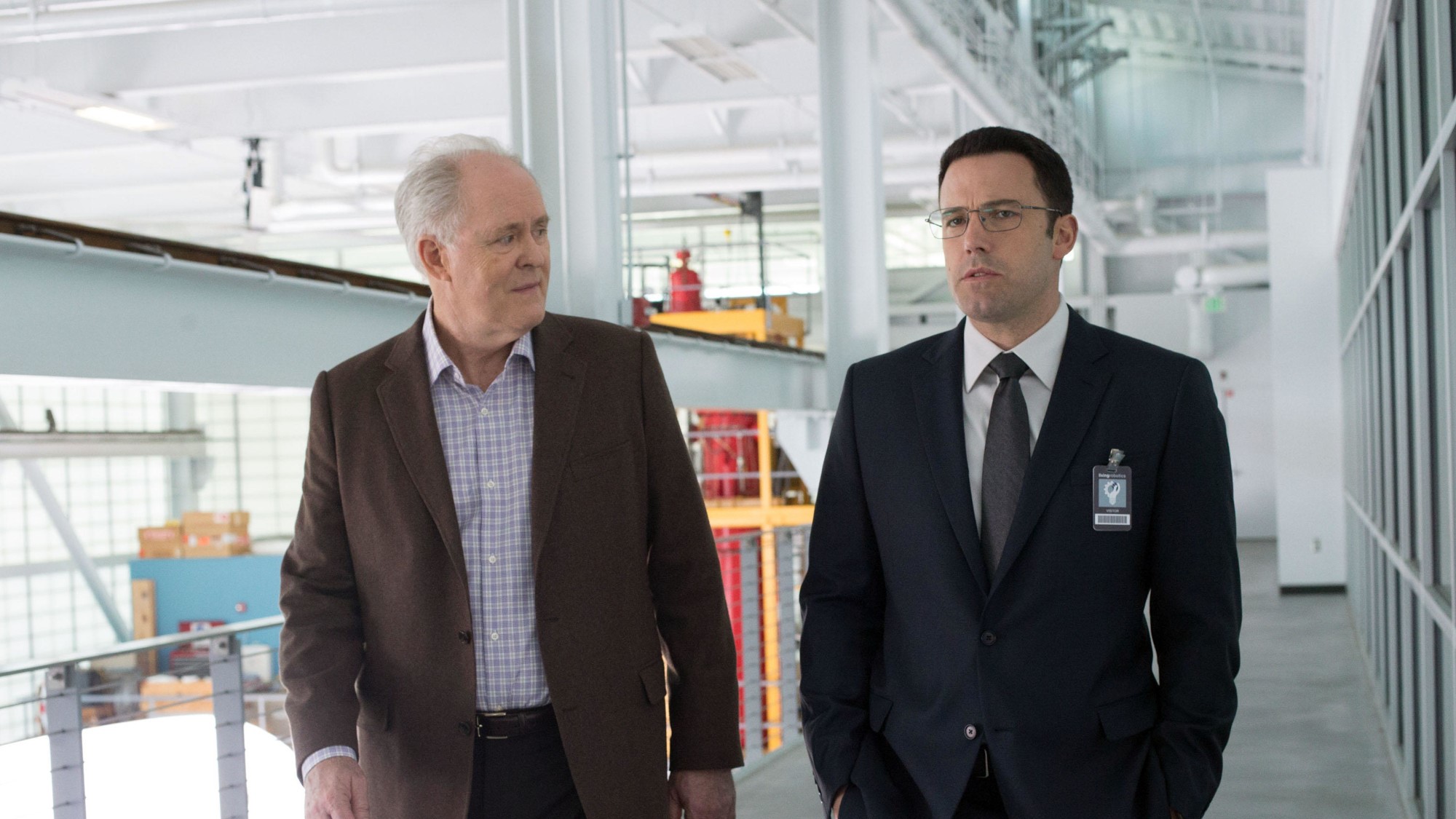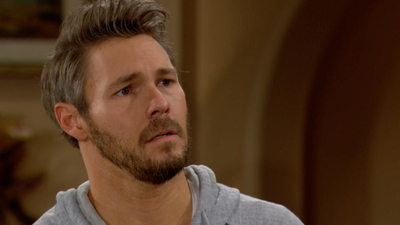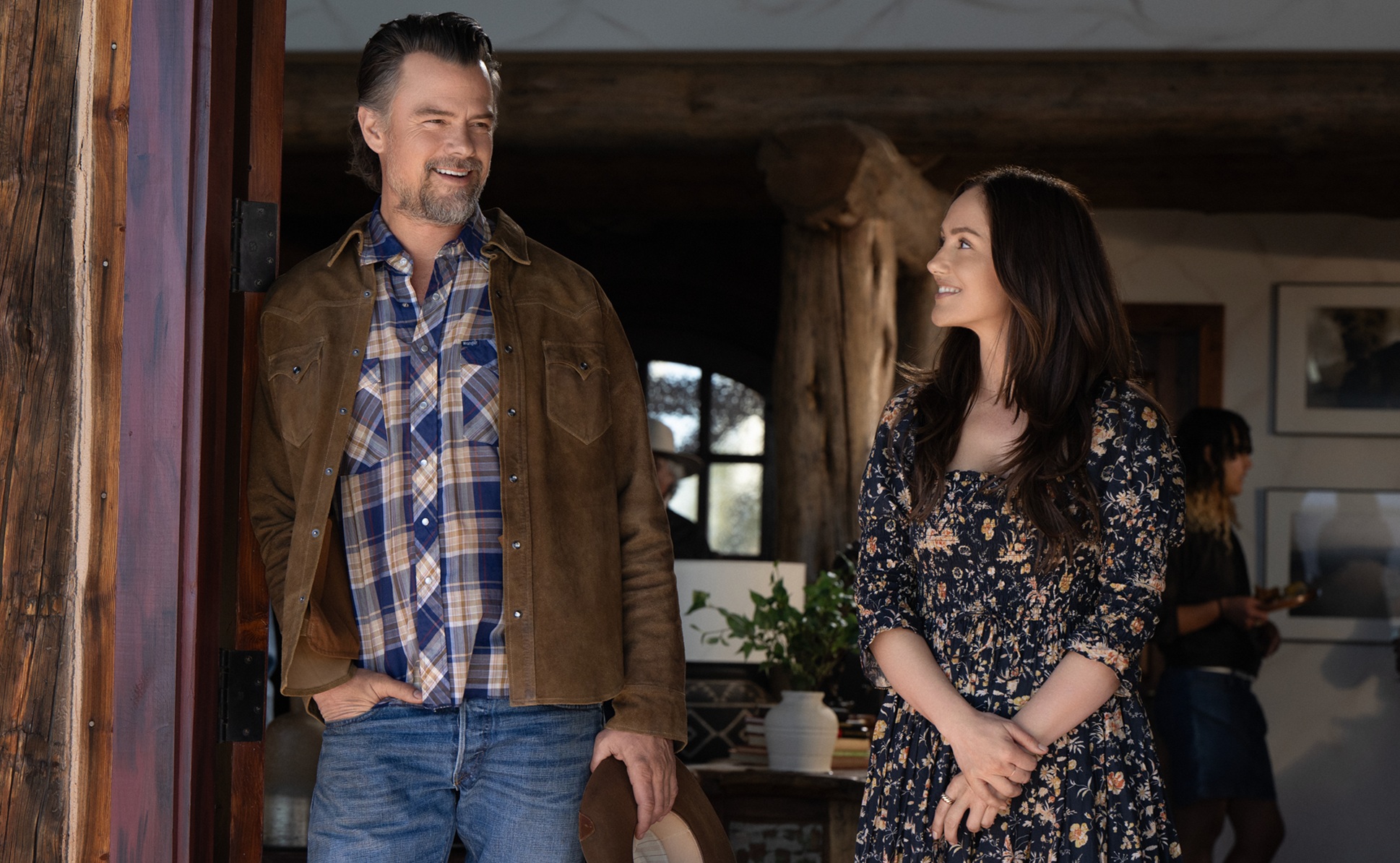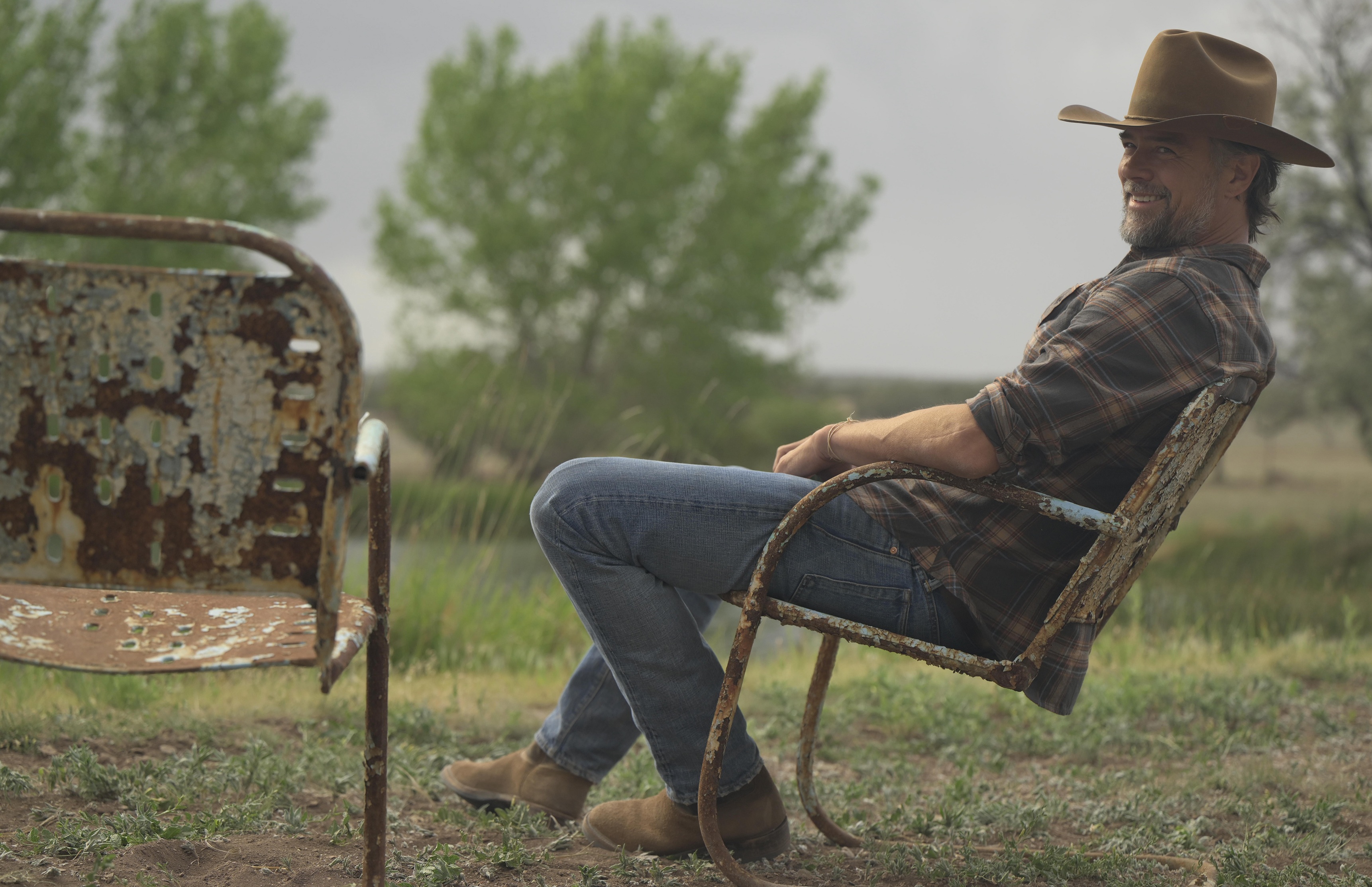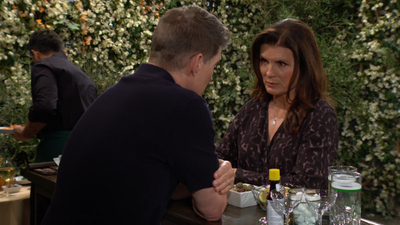What the 'Ted Lasso' discourse is missing about Season 2
It seemed inevitable that 'Ted Lasso' would face some backlash but many of the criticisms of season 2 are missing some key points.
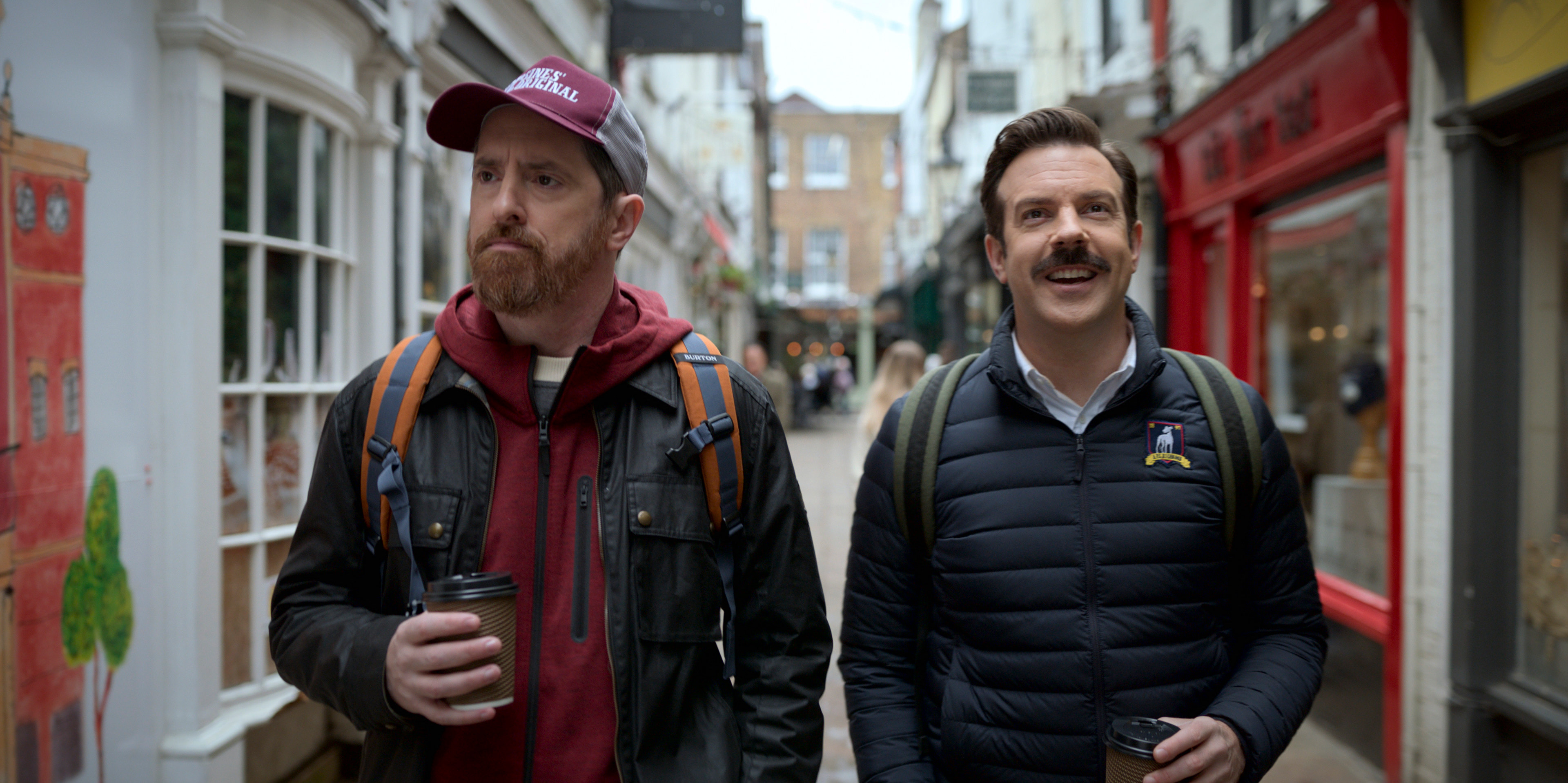
This post contains spoilers for Ted Lasso.
It seemed wearily inevitable that Ted Lasso, the beloved football comedy of Apple TV+, would face a round of backlash at some point or another. So far, the show has earned dozens of Emmy nominations and already won a slew of awards, especially for its star and co-creator Jason Sudeikis. Even without the near-universal acclaim and growing fandom, Ted Lasso always seemed like the kind of show that would eventually face a sharp round of emotional opposition. How could a comedy about a genuinely nice guy who wants everyone to be the best version of themselves not receive at least a sliver of cynical reactions? It's a truth universally acknowledged that today's number one choice will be tomorrow's target of ire. So, Ted Lasso is nothing new in that regard. We've all seen this rodeo before.
Still, there's something about the Ted Lasso backlash that's tonally off. It didn't take long for the dreaded discourse to get ugly, even by frenzied social media standards. The newly revived Gawker declared that it's "a perfect show if you hate laughing" while Daniel Radosh, a writer and producer for The Daily Show with Trevor Noah, declared, albeit somewhat sarcastically, on his Twitter account that "a lot of people still aren't ready to admit it but it's clear that season 2 of Ted Lasso is not good [...] and I think the reason is everyone completely misunderstands why everyone loved S1." We’re all used to the “this thing you love is bad, actually” kind of conversations, especially since they’re guaranteed to rile up audiences and get precious clicks. What makes it seem all the more caustic regarding Ted Lasso is that the show is intrinsically sweet, designed to do anything but rile up the blood, so the idea that it inspires such fervorous disdain is in and of itself sort of strange.
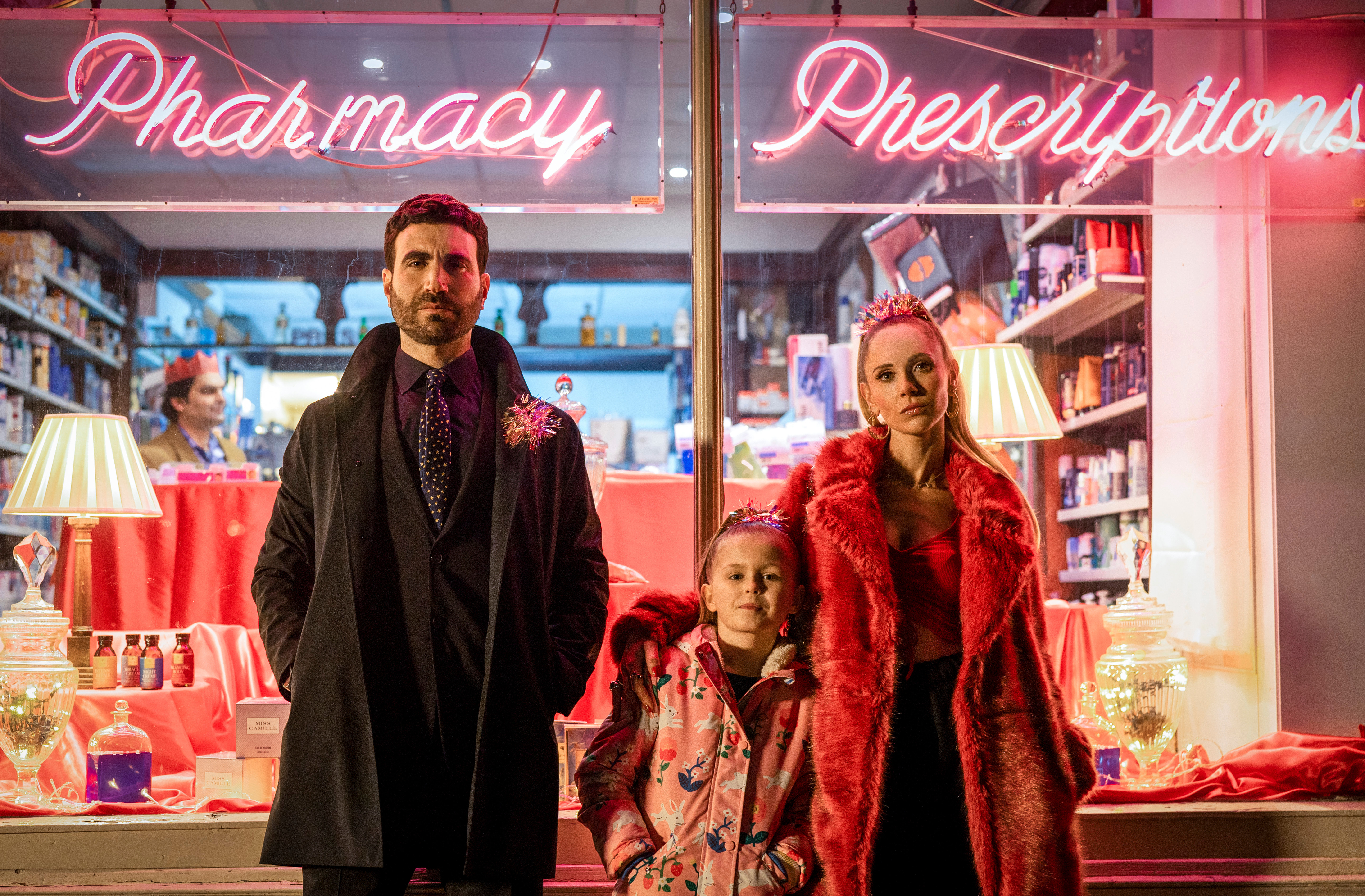
But let’s look at the issues some seem to have with season 2 and why there’s far more going on beyond chatter of a potential sophomore slump.
The first season introduced the eponymous Ted Lasso, an aw-shucks Pollyanna type of wholesome gentleman who is hired to coach the struggling English football team Richmond AFC despite having no experience with the game. He's a patsy, brought on board by the team's owner who wants to sabotage Richmond as a form of revenge against her ex-husband, who adored the team above all else. The players aren't wild about their new American boss who speaks in cutesy platitudes and seems genuinely devoid of guile. Yet he slowly wins everyone over with his irrepressible optimism and true appreciation for basic human goodness. Soon, even as Richmond AFC reach a professional nadir, the team and those in its orbit find themselves eager to work towards being the best versions of themselves.
With season two, the focus has moved away from Ted and become more of an ensemble piece. The newly retired Roy Kent gets more screentime as he tries to figure out his post-playing career as well as his adorable burgeoning relationship with Keeley Jones, the former girlfriend of striker Jamie (their romance may be one of the season’s highlights.) He, meanwhile, is dealing with a failed experience on a Love Island-esque reality show and returning to Richmond with his tail tucked thoroughly behind his legs after years of treating his teammates like dirt. Dani Rojas, an enthusiastic young player with natural skills, struggles with a case of the yips after a tragic accident involving the team's mascot.

But Ted is, of course, still there. Many of the criticisms of season 2 focus on the notion that the change of focus has weakened the narrative, that Ted's winning kindness is no longer motivating those around him. Yet that's kind of the point in this new season. Ted's done the work of getting everyone on his side but now he has to keep them there. He also has no excuse not to dig deeper into his personal issues, including his recent split from his wife. His biggest conflict of the season is with Sharon Fieldstone, a sports psychologist hired to look after the players whose stern style is the opposite of Ted. When he doesn’t have someone or something to fix, Ted has to think about his own issues, and he’s clearly not ready for that. It’s a welcome shade of grey to a character whose cozy appeal and glass-half-full attitude can often veer towards the cloying.
Get the What to Watch Newsletter
The latest updates, reviews and unmissable series to watch and more!
A seeming loss of conflict has drawn the ire of the Ted Lasso skeptics too. The big battle of season 1 was Rebecca's plan to destroy Richmond, but even she was won over by Ted and now wants the team to get back on top. Now, there’s no thorough narrative line through this season, they say. Perhaps there’s no Big C Conflict, but the ensemble approach has offered a more thorough character study that reveals the often-tumultuous nature of the internal tension. The relationships between characters have deepened to reveal new depths and insecurities. Nate, the team's former kit man-turned assistant coach, has particularly struggled this season with his smothering self-doubt and growing paranoia regarding his position with the club. Formerly the proverbial punching bag of the players, he’s now in a position of authority but one where he feels constantly at risk of sacking. His rage is increasing, especially now that Roy is re-joining the team as a coach, and that’s certainly a conflict that will come to a boiling point before the season is done.
There’s a lot of subtle tension brimming beneath the sunshiny surface of Ted Lasso. Richmond AFC is a club in trouble, one whose money problems have been hinted at throughout the season. Sometimes, doing the right thing can be disastrous on a cold hard business level, such as the team’s brave decision to speak out against their sponsor’s human rights abuses. All that and the team still aren’t playing great. The human focus of the show is always exposing the wider issues that will eventually become impossible for even Ted to ignore.
Ultimately, Ted Lasso is still a comforting show about a nice guy who wants nice things for everyone else around him. It’s a refreshing alternative to toxic bros and the overwrought Difficult Men of prestige TV, and it has a true heart. None of that, however, should be mistaken for frivolity or seen as a sign that the series has nothing of depth to say. The sheer breadth of mental health discourse in season 2 alone should put that cynical claim to rest. Not every show needs to be Game of Thrones levels of drama, but that doesn’t mean that Ted Lasso is bereft of such things. Perhaps its challenge to our typical conceptions of conflict, comedy, and character are what’s causing such confusion. There are still a few episodes of season 2 left, and I’m sure that Ted Lasso has more than a few surprises up its sleeve.
Kayleigh is a pop culture writer and critic based in Dundee, Scotland. Her work can be found on Pajiba, IGN, Uproxx, RogerEbert.com, SlashFilm, and WhatToWatch, among other places. She's also the creator of the newsletter The Gossip Reading Club.

